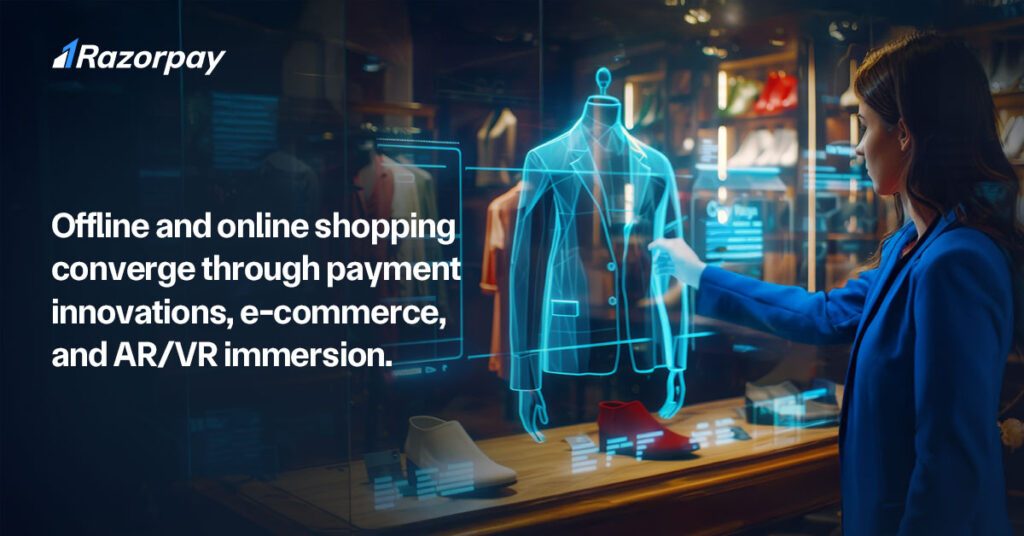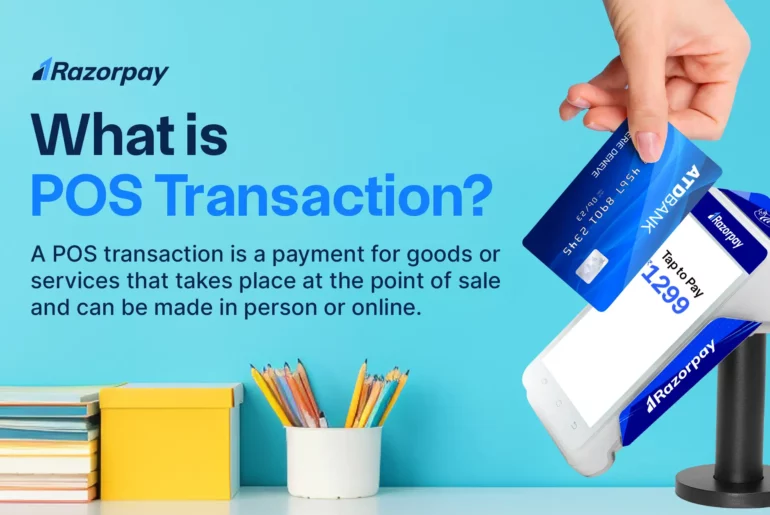A young shopper in Mumbai stands outside her favorite store, browsing products on a popular e-commerce platform. Spotting a discount, she orders for home delivery and then heads into the store to check out new arrivals. This behavior highlights the growing “phygital” culture, where online and offline shopping blend seamlessly. It reflects a broader trend in modern retail in India, driven by personalization, flexibility, and on-demand delivery.These shifts have been fueled by key developments that have redefined the retail landscape.
The Rise of Digital Shopping
As reported by TOI, Invest India forecasts the nation’s e-commerce market to soar to $325 billion dollars by 2030, fueled by 500 million shoppers. Despite differences in digital literacy, infrastructure, and social norms between urban dwellers and rural India, the pattern of relying on e-commerce platforms remains consistent. The reasons may vary though.
In tier 2-4 cities, businesses adapt to regional diversity, as cultural differences—including language and consumer needs—shift every 100 kilometers. In urban areas, crowded malls, and limited stock push consumers toward digital shopping.
While mobile apps have long been favoured for budget buys, big-ticket items like air conditioners and laptops were traditionally purchased in stores. However, as reported by ET, Gfk-Nielsen IQ data shows online sales of these products rose in the first half of 2024, reshaping consumer behaviour.
Shift in Demographics
Digital shopping is a breeze for the target group that all major brands are eager to impress—Gen Z. A key demographic of 37.7 crore consumers, this “swipe-up” generation will soon be an economic force as they enter the workforce.
Gen Z values personalization, individuality, inclusivity, social and environmental causes, affordability, and responsiveness to trends, all of which have reshaped the marketing strategies of leading brands.
E-commerce brands have leveraged Gen Z’s organic relationship with technology, with Amazon launching a Next Gen store and Myntra introducing Fwd. Meanwhile, brands like Highlander and Tokyo Talkies are expanding offline retail to attract this demographic, alongside others such as Zudio, The Souled Store, and Forever21.
Sustainability and Ethical Practices
Millennial and Gen Z consumers are increasingly focused on sustainability and ethics. Thrifting, once stigmatized, is now gaining popularity as a counter-trend to fast fashion.
For Gen Z, a lack of sustainability is seen as “sus,” reflecting their rejection of unethical brand practices. Consumers are also taking personal action—using reusable bags, opting for digital receipts, and checking for cruelty-free products.
Razorpay’s BillMe supports the ‘go green’ movement by offering interactive digital invoicing that benefits both merchants and customers. It enhances customer convenience with digital receipts, gathers feedback through surveys, engages users with rich media ads, and drives retention with coupons and offers. BillMe is a win-win for both sustainability and business growth.
Payment Innovations
India’s digital payment ecosystem has seen significant growth, with UPI transactions rising from 8.03 billion in January 2023 to 13.9 billion by June 2024. Offline retailers are also embracing seamless payment options, with POS transactions reaching 2.16 billion—a 7% year-on-year increase, according to the India Digital Payments report.
For offline retailers, POS terminals have become indispensable for streamlining checkout and improving sales efficiency. Payment innovators like Razorpay have developed advanced POS solutions that offer a 99.9% uptime, low latency, and high payment success rates—98% for card payments and 96% for UPI. Razorpay now powers over 6 lakh retailers with POS terminals across mid-market and enterprise segments, enabling smooth checkouts and enhancing customer satisfaction.
The Rise of AR/VR for Virtual Try-Ons and Immersive Shopping
As the line between physical and digital shopping blurs, augmented reality (AR) and virtual reality (VR) are transforming retail. These technologies are reshaping consumer behaviour both in-store and online. A Deloitte report shows that 67% of consumers are excited about using smartphones or in-store assistants to interact with virtual assistants during the entire shopping journey. AR and VR provide a level of product engagement that traditional shopping can’t match.
The Future of Retail
Consumer behaviour in India is rapidly evolving, driving changes in the retail landscape. The convergence of digital and physical experiences, growing demand for sustainability, technology-driven engagement, and payment innovations are all shaping the future of retail. Retailers that adapt to these trends by offering personalized, convenient, and seamless experiences will be well-positioned to succeed in this dynamic market.



